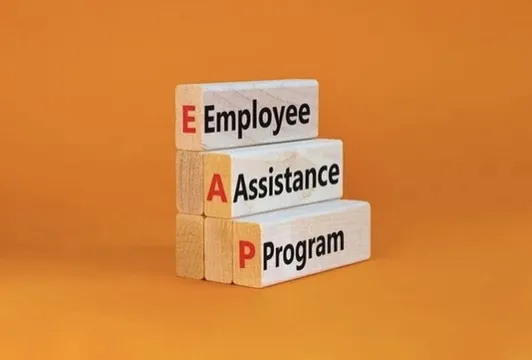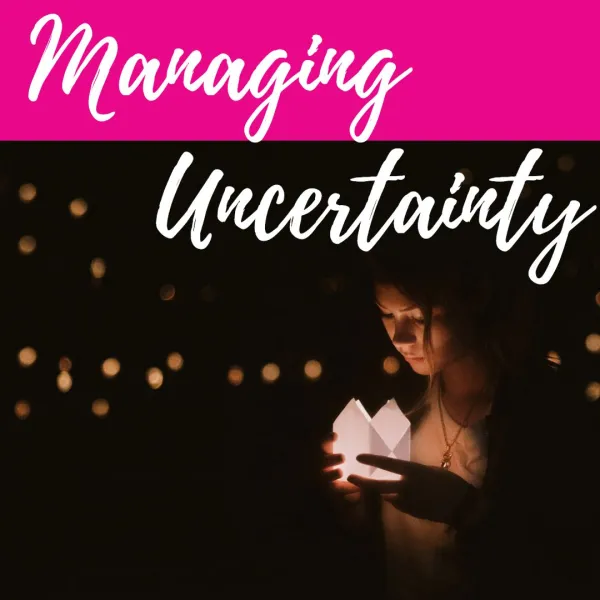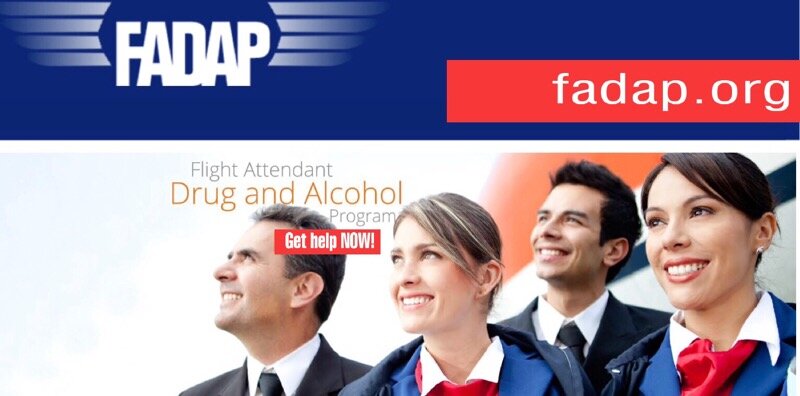
EAP - Employee Assistance Program
EAP are specially trained Flight Attendants assisting Flight Attendants in the area that affects personal or co-workers’ performance. The EAP committee consists of trained AFA Flight Attendants who help other Flight Attendants or their family members in seeking professional care in various areas including; alcohol/drug abuse, marital or family problems, or other emotional or stress-related situations.
Professional Standards can help you work out differences with co-workers, and you may remain anonymous. Every effort is made to have an AFA EAP representative meet with you following an aircraft incident/accident.
Chair:
Sheila Hubbard/CLT
(404) 551-7488
Members:
Constance Burroughs, Representative
832-487-6565
From time to time, everyone experiences personal or work-related problems. Sometimes, these problems can overwhelm our normal coping strategies. Support from...
EAP Resources:
Concern about a loved one
https://1drv.ms/w/s!AvXaRXwCsOSCn18Igm8OF4JZq6Gh
Are you resilient?
https://1drv.ms/w/s!AvXaRXwCsOSCn11431U10Newc_Se

From your AFA EAP
Life is filled with uncertainty, especially at times like this. While many things remain outside your control, your mindset is key to coping with difficult circumstances and facing the unknown.
The Role of Uncertainty in Life
Uncertainty is all around us, never more so than today. The current COVID-19 pandemic has heightened uncertainty over the economy, employment, finances, relationships, and of course, physical and mental health. Yet as human beings, we crave . . . . . read more
Mental Health Awareness
If you have a mental health condition, you're not alone. One in 5 American adults experiences some form of mental illness in any given year. And across the population, 1 in every 20 adults is living with a serious mental health condition such as schizophrenia, bipolar disorder, or long-term recurring major depression. Unfortunately, many people don't seek treatment or remain unaware that their symptoms could be connected to a mental health condition. Trying to tell the difference between what expected behaviors are and what might be the signs of a mental illness isn't always easy. Each illness has its own symptoms, but common signs of mental illness in adults and adolescents can include the following:
- Excessive worrying or fear
- Feeling excessively sad or low
- Confused thinking or problems concentrating and learning
- Extreme mood changes, including uncontrollable “highs” or feelings of euphoria
- Prolonged or strong feelings of irritability or anger
- Avoiding friends and social activities
- Difficulties understanding or relating to other people
- Changes in sleeping habits or feeling tired and low energy
- Changes in eating habits such as increased hunger or lack of appetite
- Changes in sex drive
- Difficulty perceiving reality (delusions or hallucinations, in which a person experiences and senses things that don't exist in objective reality)
- Inability to perceive changes in one’s own feelings, behavior, or personality (”lack of insight” or anosognosia)
- Overuse of substances like alcohol or drugs
- Multiple physical ailments without obvious causes (such as headaches, stomach aches, vague and ongoing “aches and pains”)
- Thinking about suicide
- Inability to carry out daily activities or handle daily problems and stress
- Intense fear of weight gain or concern with appearance
If you’re concerned about any of these signs either in yourself, a loved one, or a flying partner, please reach out to your AFA EAP committee for confidential support and assistance. Call 1-800-424-2406 or locate your local AFA EAP committee members at https://www.afacwa.org/your_local_eap_rep.
Community Resources
To All AFA Members: Your AFA EAP committee has compiled the below list of websites that may prove helpful with the financial strains of our times. Contact your local EAP committee if you’d like more personalized assistance in understanding and accessing these or other resources. Your local EAP committee contact information is available at https://www.afacwa.org/your_local_eap_rep
Food Banks, Housing and Utility Assistance, Clothing Closets, Veteran Services, etc.
Ø United Way and Local Assistance Resources in your Area www.211.org
Ø State by state resources and benefits to replace lost wages, housing, and food assistance, resources to assist workers impacted by COVID https://aflcio.org/covid-19/state-resources
Health Care
Ø Low-cost/no-cost local healthcare services for adults and children: https://findahealthcenter.hrsa.gov/
Ø Insurance for children if parents don’t have coverage for them. www.insurekidsnow.gov
Ø Open Marketplace under the Affordable Care Act – (open Season 11/1-12/15) www.healthcare.gov
Ø Hill-Burton free or low-cost hospitals/medical facilities. https://www.hrsa.gov/get-health-care/affordable/hill-burton/facilities.html
Ø Join a Study/Trial- Find a study by disease, country, or state that is actively recruiting participants. www.clinicaltrials.gov
Behavioral Health Care-
Ø Substance Abuse and Mental Health Services Administration Website for sliding fee or no cost mental health services
https://findtreatment.samhsa.gov/
Prescription Assistance Programs
Ø Partnership for Prescription Assistance: A program sponsored by drug companies, doctors, patient advocacy organizations, and civic groups. It helps low-income, uninsured patients get free or low-cost, brand-name medications. http://www.pparx.org Ph: 888-477-2669
Ø NeedyMeds: A nonprofit group that has an extensive database of information about patient assistance programs, state assistance, drug discount programs, and free or low-cost medical care. You can search the database for free on its website. The site also has information on thousands of programs to help consumers through the application process. www.needymeds.org
Ø RxAssist: An online database of drug company programs that provide free or affordable drugs and copay assistance. www.rxassist.org
Ø RxHope: A web-based resource where you can search by medication to find assistance programs. It also offers help with the application process. www.rxhope.com
Ø RxOutreach: A mail-order pharmacy for people with little to no health insurance coverage. www.rxoutreach.org
FADAP_ Flight Attendant Drug and Alcohol Program
>> fadap.org
Please log onto the Flight Attendant Drug and Alcohol Program website for additional information. The FADAP website is available to all flight attendants, no matter what status you currently hold -- active, furloughed, or even if you are on leave status. FADAP is a substance-abuse prevention program, created and promoted for and by the flight attendant profession and funded by the FAA. Throughout this site, you will find stigma-free information on substance use, abuse, and dependence. Read More About FADAP
The CAGE Questionnaire has been extensively validated for use in identifying an alcohol-use disorder. The questions below refer to your feelings and behavior over your whole life. Carefully read each statement and decide whether your answer is Yes or No. The CAGE is scored by allocating 1 point to each Yes answer. A score of 2 or more is considered positive and may indicate an alcohol-use disorder.
Please contact a FADAP peer to discuss the next-step option.
Click here to answer the questionnaire> https://www.fadap.org/Screening-Tools/Cage
Head over to the YouTube channel FADAP100 for more informational videos.

